Find a Collaborator
Home › Partnerships & Collaborations › Find a Collaborator › For Your Research Area
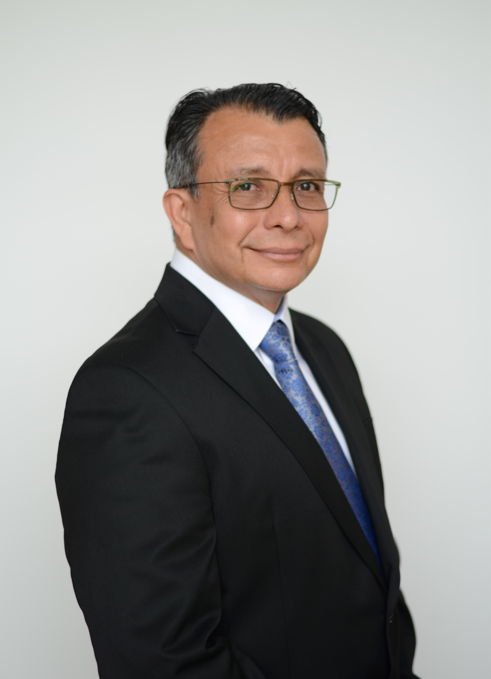
A/Prof Alfredo FRANCO-OBREGON
Cancer Stem Cells
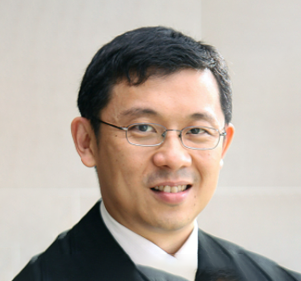
Prof KOH Liang Piu
Cancer Stem Cells
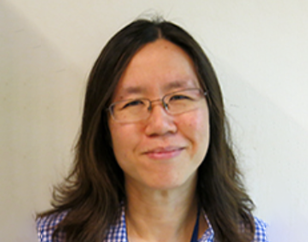
Dr LIM Gkeok Stzuan, Diana
Cancer Stem Cells
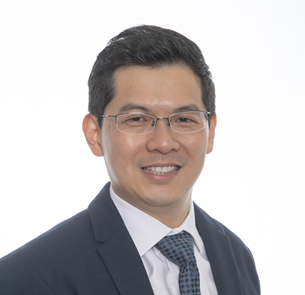
Dr ONG Sek Tong, Derrick
Cancer Stem Cells

Dr ONG Sek Tong, Derrick
Cancer Stem Cells
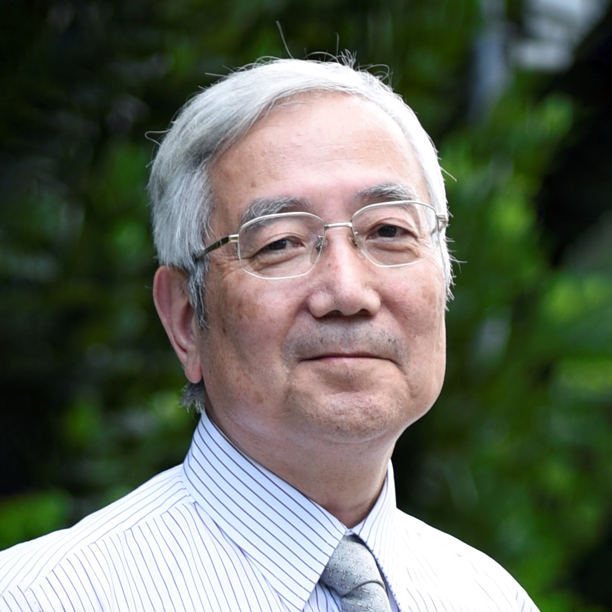
Prof Toshio SUDA
Cancer Stem Cells

Prof Toshio SUDA
Cancer Stem Cells

A / Prof KOH Liang Piu
Cancer Stem Cells
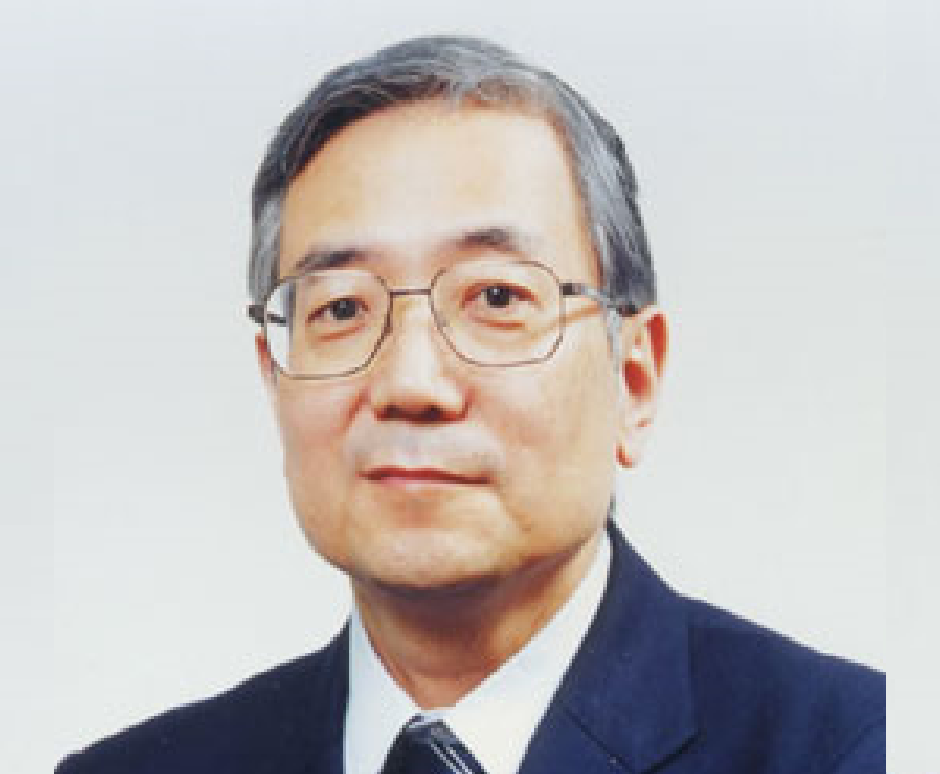
Prof Toshio SUDA
Cancer Stem Cells
Secondary Members
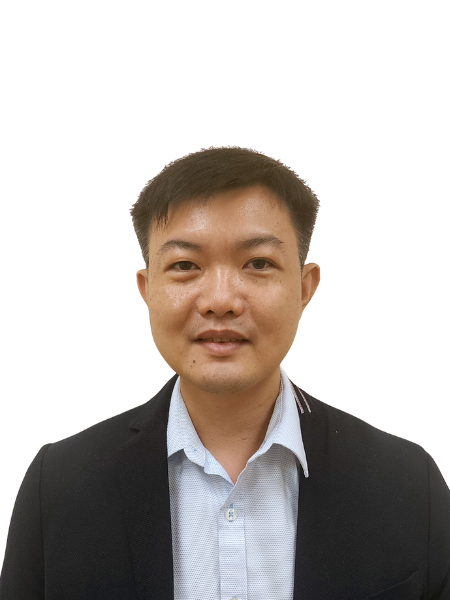
Dr TOH Tan Boon
Cancer Stem Cells
Our lab focuses on advancing functional precision and personalized
oncology by developing patient-derived models that accurately reflect the molecular and cellular complexity of human cancers. Additionally, our research investigates the clinically relevant mechanisms of drug resistance in these models to enhance therapeutic
effectiveness.

Prof KOH Liang Piu
Cancer Stem Cells

Dr LIM Gkeok Stzuan, Diana
Cancer Stem Cells

Dr Shruti BHATT
Biomarkers/ Imaging/ Proteomics
The central focus of research is to identify treatment strategies and underlying mechanisms of therapy-resistant myeloid tumors by studying clonal evolutionary path and cell death mechanisms, particularly the mitochondrial pathway of apoptosis.
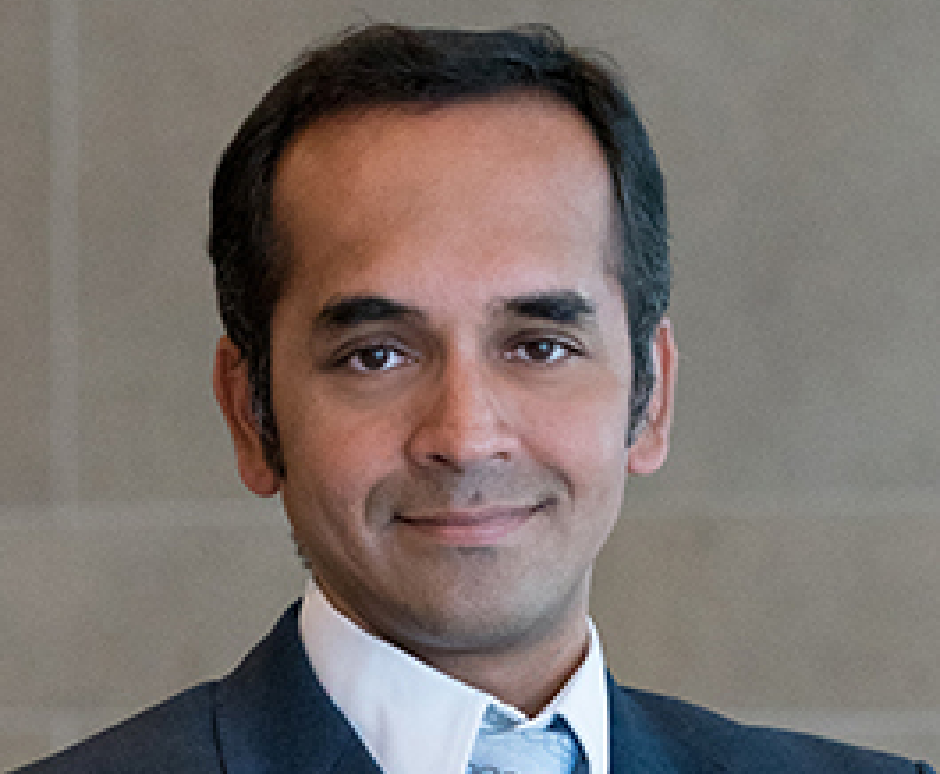
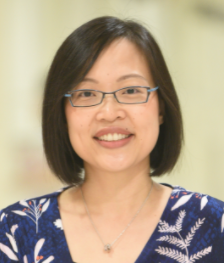
A/Prof CHEE Cheng Ean
Biomarkers
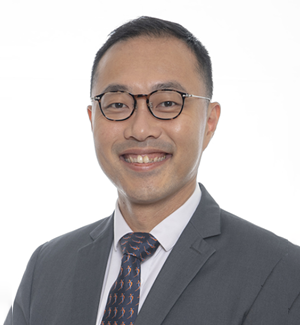
A/Prof CHEN Zhi Xiong
Biomarkers

A/Prof CHEW Suk Peng, Valerie
Biomarkers
Research delves into deciphering the intricate immune landscape and crosstalk within the tumor microenvironment of hepatocellular carcinoma (HCC), with a keen focus on uncovering biomarkers and therapeutic avenues.
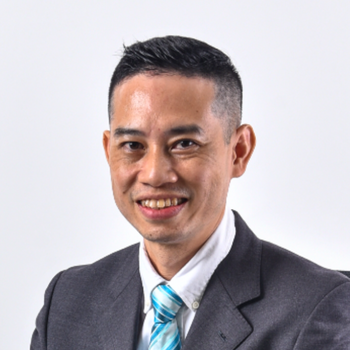
Dr CHEONG Jit Kong
Biomarkers
Research focus is on uncovering and characterising novel signalling nodes of oncogenic RAS-driven human cancers to facilitate the development of tractable therapeutic modalities.

A/Prof DENG Lih Wen
Biomarkers
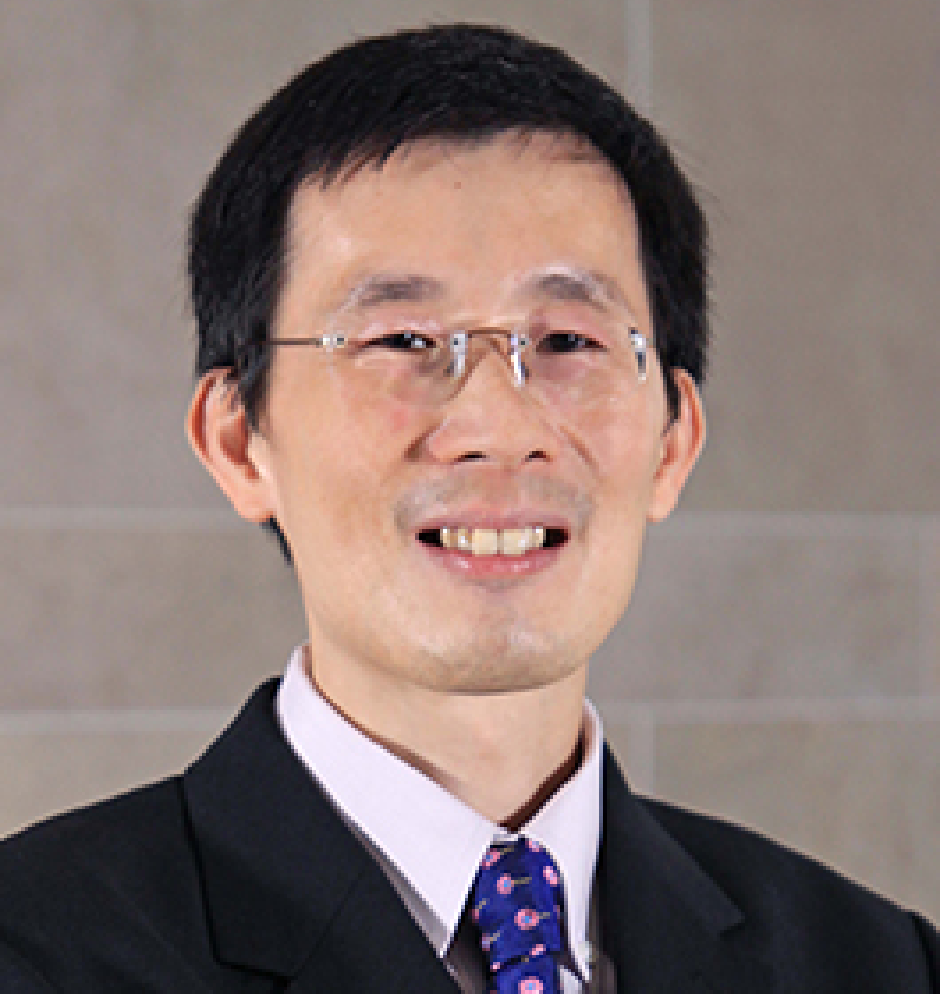
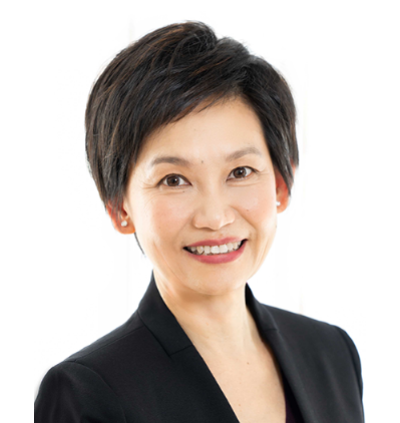
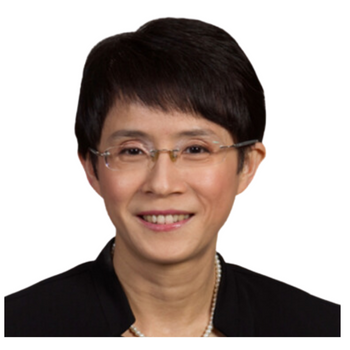
Prof LEE Soo Chin
Biomarkers



A/Prof NG Siok Bian
Biomarkers
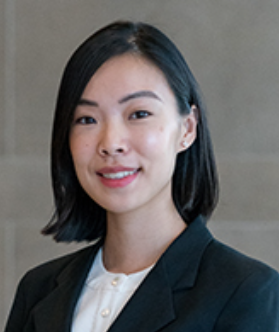
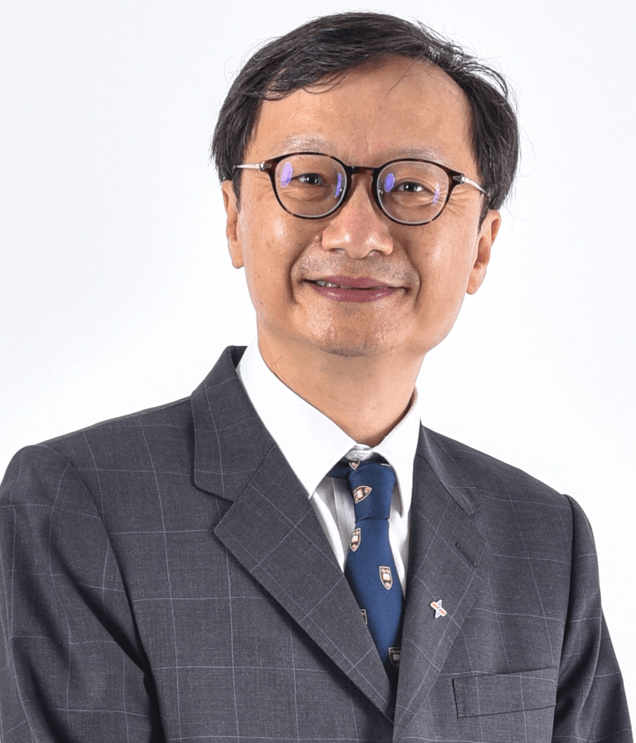
Prof SO Bok Yan, Jimmy
Biomarkers

Dr Supriya SRIVASTAVA
Biomarkers
Pathologist with a specific focus on solid cancers, particularly gastrointestinal cancers. Research focuses on the identification and validation of biomarkers that aid in the early diagnosis of gastric cancers as well as metaplastic lesions of stomach, that are considered preneoplastic and could be targeted at an early stage thereby improving the patient outcome.
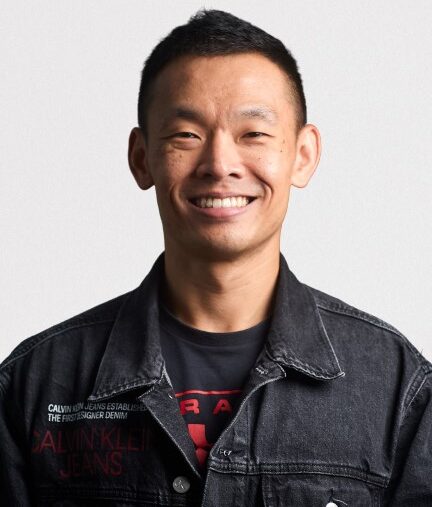
Dr TAI Yee Kit Alex
Biomarkers
Research focus is on exploring the therapeutic benefits of pulsed electromagnetic fields (PEMF) as an exercise-mimetic to enhance the vulnerability of tumor cells to chemotherapy
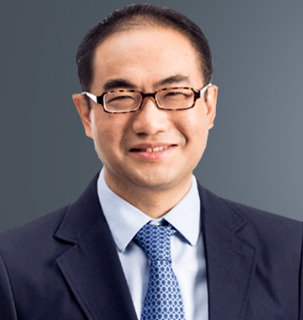
A/Prof TAN Shao Peng, David
Biomarkers

Dr TAN Yong Zi
Biomarkers/ Imaging/ Proteomics
Research focus is on using and developing methods in single particle cryogenic electron microscopy (cryo-EM) to solve structures of membrane proteins implicated in various cancers.

Dr TAY Kah Ping, Andy
Biomarkers/ Imaging/ Proteomics
The research focus of the Tay lab is tissue-specific drug delivery and immunotherapeutics against cancer.
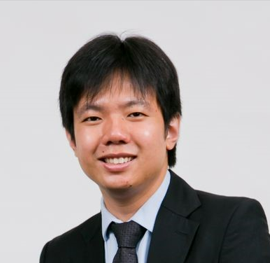
Dr TAY Kai Xun, Joshua
Biomarkers
Dr Joshua Tay leads a cancer genomics laboratory, with special expertise in micro-dissected gene expression profiling from archival FFPE tissue specimens. His lab has built and patented gene expression signatures to predict patient outcomes for precision medicine.

A/Prof TAY Mei Sian, Yvonne
Biomarkers
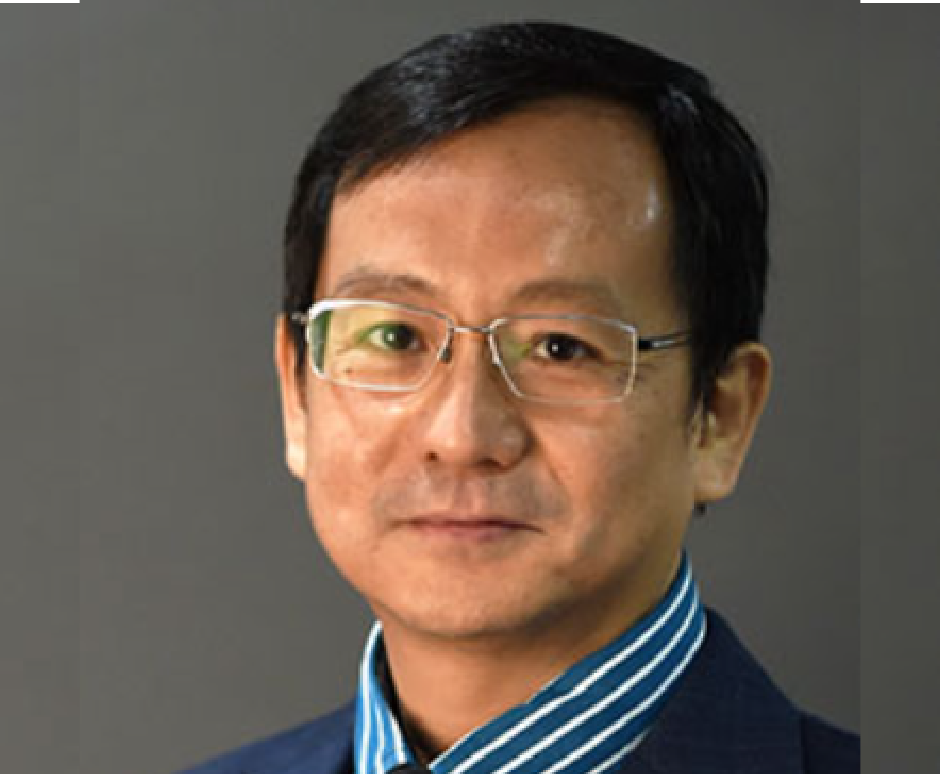
A/Prof TOO Heng-Phon
Biomarkers
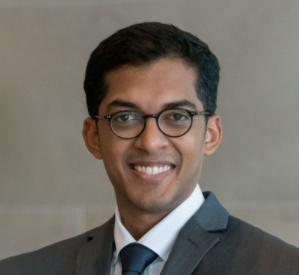
A/Prof Balamurugan A VELLAYAPPAN
Imaging
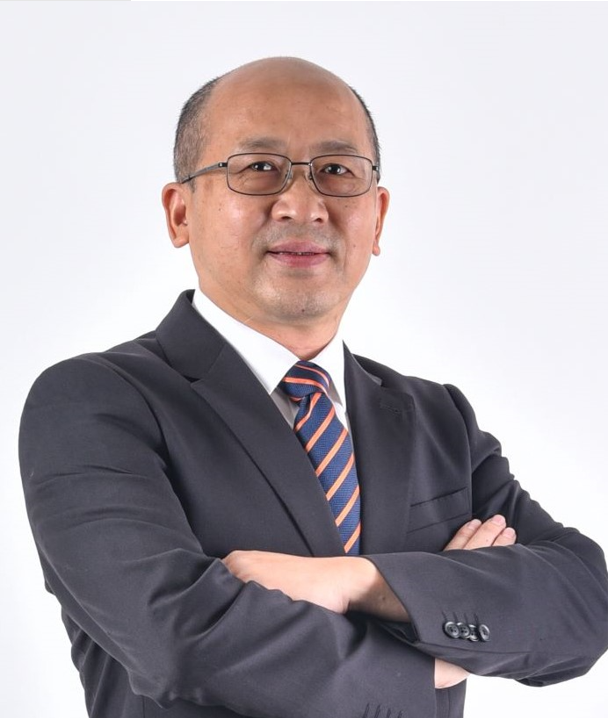
A/Prof WANG Lingzhi
Biomarkers
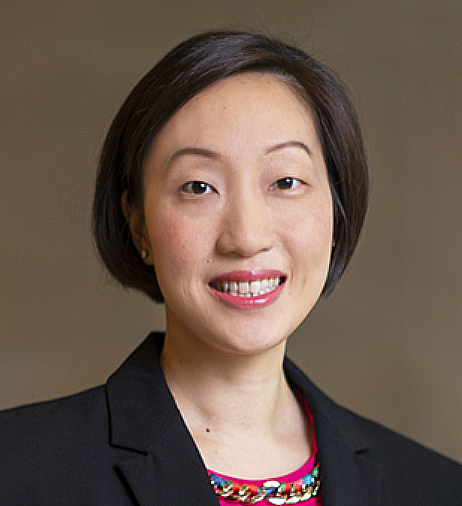
Dr WONG Li Ann, Andrea
Biomarkers
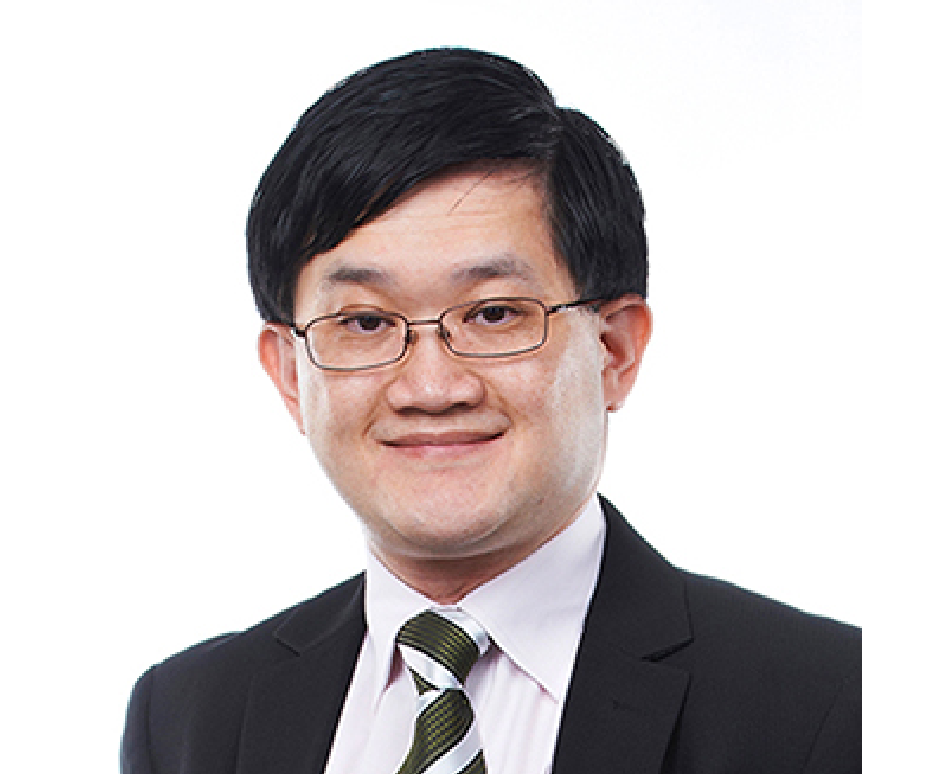
A/Prof YIP Wai Cheong, George
Biomarkers
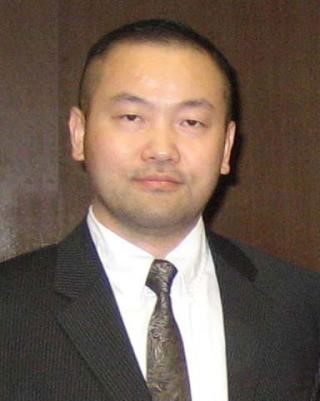
Prof Yang ZHANG
Built on cutting-edge artificial intelligence (AI) and deep-learning techniques, we are developing new methods for protein and RNA structure prediction and protein designs. We are particularly interested in the application of the AI-based computational methods for effective cancer therapeutics, with focuses on anti-cancer peptide-drug conjugates (PDCs) and T-cell receptor (TCR)-based adoptive therapy.
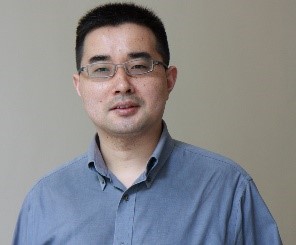
Dr ZHOU Jianbiao
Biomarkers
Research focus is on the drug resistance mechanisms and aggressive phenotypes in hematologic malignancies, as well as the development predictive markers, novel therapeutic targets.

Prof Yang ZHANG
Built on cutting-edge artificial intelligence (AI) and deep-learning techniques, we are developing new methods for protein and RNA structure prediction and protein designs. We are particularly interested in the application of the AI-based computational methods for effective cancer therapeutics, with focuses on anti-cancer peptide-drug conjugates (PDCs) and T-cell receptor (TCR)-based adoptive therapy.
Secondary Members
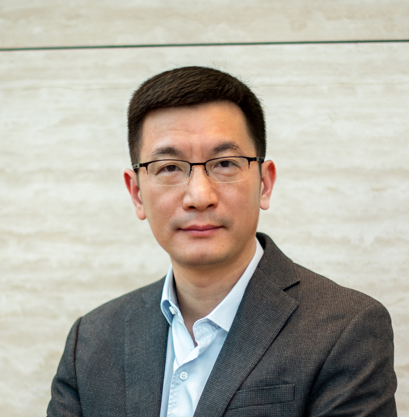
Prof CHEN Xiaoyuan, Shawn
Imaging
Primary research focus is on molecular imaging for precise targeted cancer therapy. He has developed a series of novel translational theranostic agents, some of which have obtained clinical approval and are currently being evaluated in clinical trials.


A/Prof CHEE Cheng Ean
Biomarkers

Dr Shruti BHATT
Cell Signaling
The central focus of research is to identify treatment strategies and underlying mechanisms of therapy-resistant myeloid tumors by studying clonal evolutionary path and cell death mechanisms, particularly the mitochondrial pathway of apoptosis.
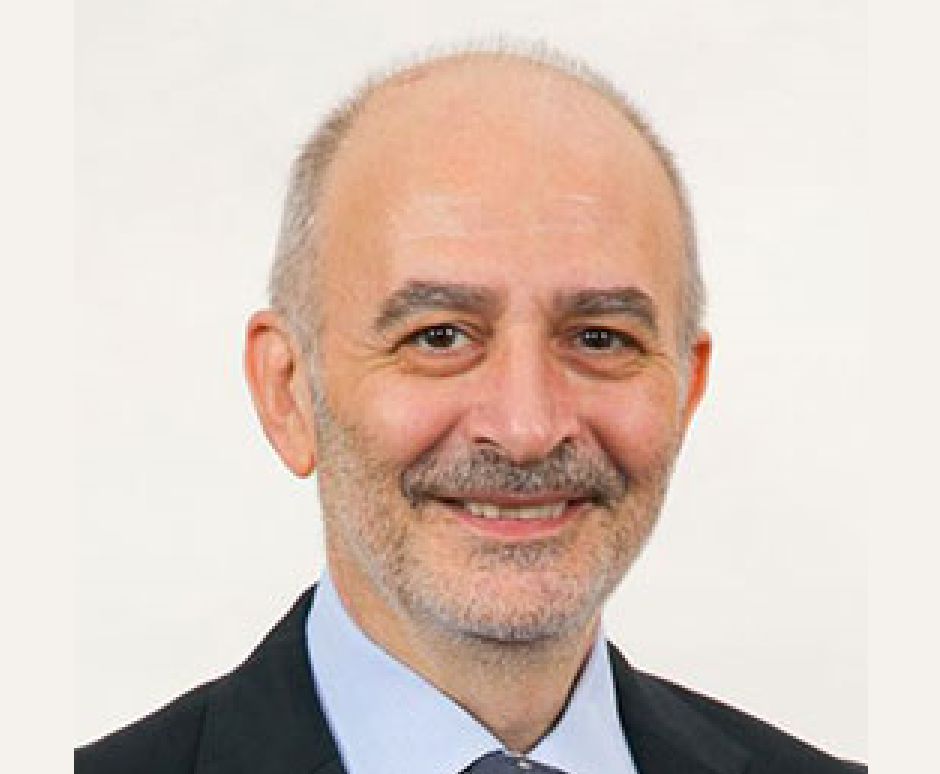
Prof Dario CAMPANA
Cell Signaling

Dr CHEOK Chit Fang
Cell Signaling

Dr CHEONG Jit Kong
Cell Signaling
Research focus is on uncovering and characterising novel signalling nodes of oncogenic RAS-driven human cancers to facilitate the development of tractable therapeutic modalities.

Dr Alan Prem KUMAR
Cell Signaling

Dr LOW Jun Siong
Cell Signaling
T and B cells are components of the immune system that are essential in fighting against infection-causing “foreign” pathogens, but are also involved in disease settings like cancer and autoimmunity where they can attack “self”. Our lab aims to understand the complex biology of T and B cells at the interplay of infection and cancer, by focusing on their phenotypic and functional profiles, antigen specificities and receptor repertoires. Our long-term goal is to develop rational and effective immune-based therapies to leverage on the immune system to fight cancer.
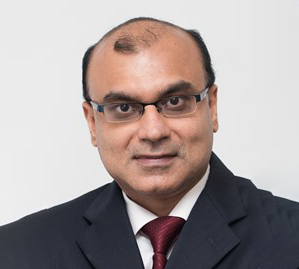
A/Prof Gautam SETHI
Cell Signaling
Research focus is to elucidate the mechanism(s) of activation of oncogenic transcription factors and identification of novel inhibitors of these proteins for cancer prevention as well as therapy.

Dr TAI Yee Kit
Cell Signaling
Research focus is on exploring the therapeutic benefits of pulsed electromagnetic fields (PEMF) as an exercise-mimetic to enhance the vulnerability of tumor cells to chemotherapy.

Dr ZHOU Jianbiao
Cell Signaling
Research focus is on the drug resistance mechanisms and aggressive phenotypes in hematologic malignancies, as well as the development predictive markers, novel therapeutic targets.
Secondary Members

Prof Vinay TERGAONKAR
Cell Signaling
My lab aims to understand fundamental mechanisms by which novel RNAs regulate carcinogenesis.

Prof Dario CAMPANA
Cell Signaling

Dr CHEOK Chit Fang
Cell Signaling
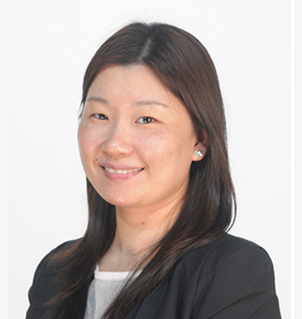
A/Prof CHEN Leilei, Polly
RNA Biology

Dr CHEONG Jit Kong
RNA Biology
Research focus is on uncovering and characterising novel signalling nodes of oncogenic RAS-driven human cancers to facilitate the development of tractable therapeutic modalities.

Dr ENG Wee Ling, Gracie
RNA Biology
Research interest focuses on the role of miRNAs as a biomarker for diagnosis and prognosis, and as a potential therapeutic biomolecule in a variety of diseases.

Dr TAY Kah Ping, Andy
RNA Biology
The research focus of the Tay lab is tissue-specific drug delivery and immunotherapeutics against cancer.

A/Prof TAY Mei Sian, Yvonne
RNA Biology

A/Prof TOO Heng-Phon
RNA Biology

Prof Yang ZHANG
RNA Biology
Built on cutting-edge artificial intelligence (AI) and deep-learning techniques, we are developing new methods for protein and RNA structure prediction and protein designs. We are particularly interested in the application of the AI-based computational methods for effective cancer therapeutics, with focuses on anti-cancer peptide-drug conjugates (PDCs) and T-cell receptor (TCR)-based adoptive therapy.

A/Prof TAY Mei Sian, Yvonne
RNA Biology

A/Prof TOO Heng-Phon
RNA Biology
Secondary Members

Prof Vinay TERGAONKAR
RNA Biology
My lab aims to understand fundamental mechanisms by which novel RNAs regulate carcinogenesis.

Dr CHEONG Jit Kong
RNA Biology
Research focus is on uncovering and characterising novel signalling nodes of oncogenic RAS-driven human cancers to facilitate the development of tractable therapeutic modalities.

Dr ENG Wee Ling, Gracie
RNA Biology
Research interest focuses on the role of miRNAs as a biomarker for diagnosis and prognosis, and as a potential therapeutic biomolecule in a variety of diseases.

Dr Shruti BHATT
Genomics/ Epigenetics/ Transcriptional regulation
The central focus of research is to identify treatment strategies and underlying mechanisms of therapy-resistant myeloid tumors by studying clonal evolutionary path and cell death mechanisms, particularly the mitochondrial pathway of apoptosis.
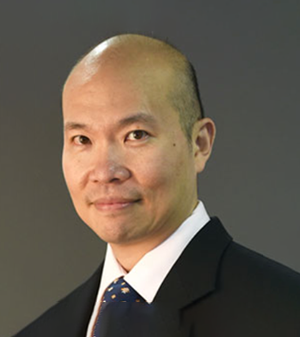

A/Prof CHEN Leilei, Polly
Epigenetics

Dr CHEONG Jit Kong
Genomics
Research focus is on uncovering and characterising novel signalling nodes of oncogenic RAS-driven human cancers to facilitate the development of tractable therapeutic modalities.

A/Prof CHEW Suk Peng, Valerie
Genomics/ Epigenetics/ Transcriptional regulation
Research delves into deciphering the intricate immune landscape and crosstalk within the tumor microenvironment of hepatocellular carcinoma (HCC), with a keen focus on uncovering biomarkers and therapeutic avenues.

Prof CHNG Wee Joo
Genomics

A/Prof DENG Lih Wen
Genomics

Dr Dennis KAPPEI
Transcriptional regulation
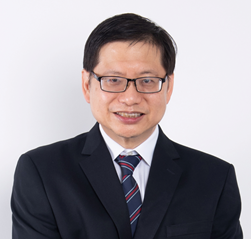
A/Prof LEE Kwan Min, Victor
Epigenetics/ Genomics
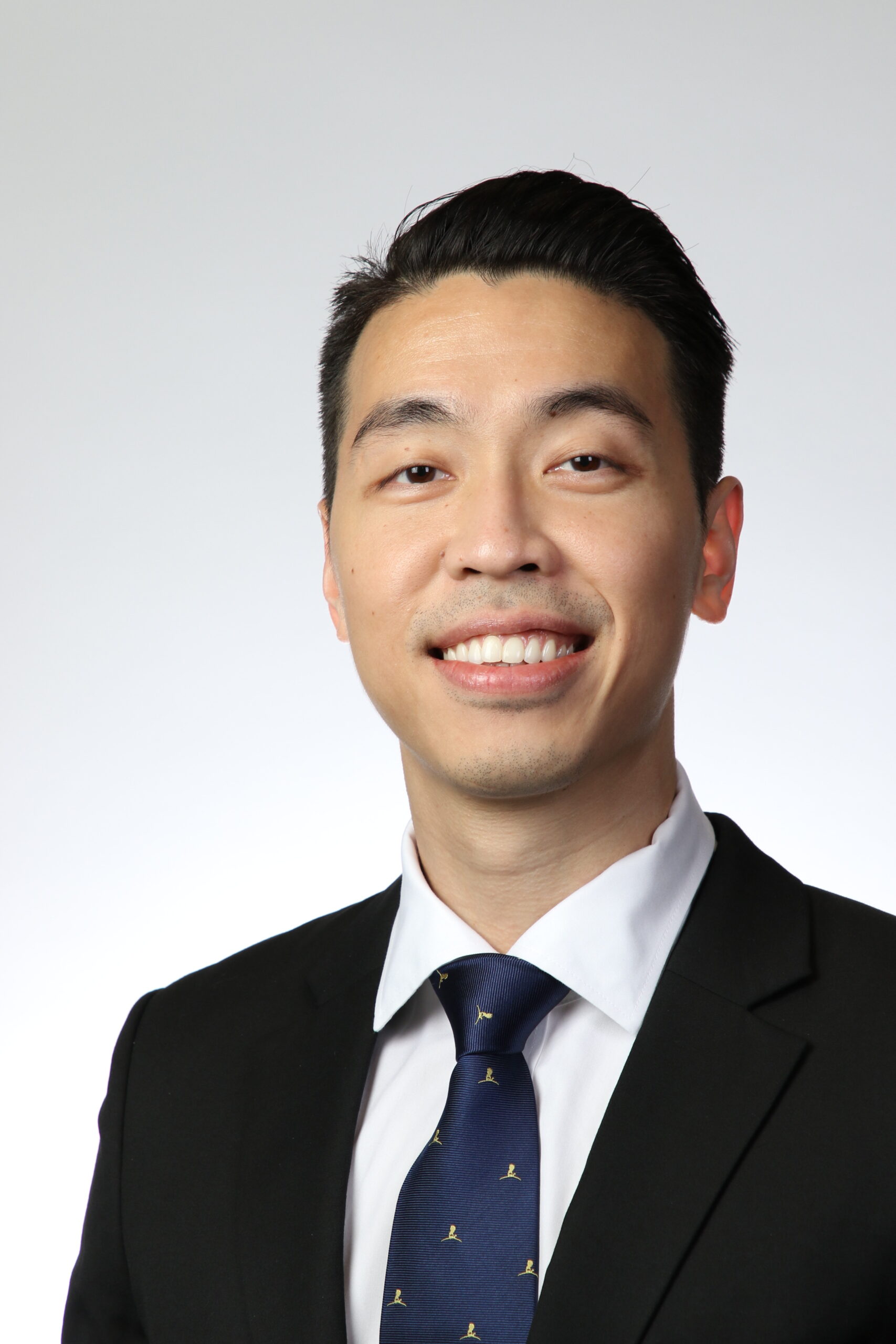
Dr Shawn LEE Hsien Ren
Genomics
Research interests lies in pharmacogenomics and immunogenomics in childhood leukemia; translating these precision modalities into greater personalised therapy to reduce toxicities and improve outcomes in acute leukemias.
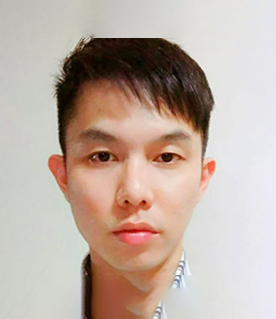
Dr LEONG Sai Mun
Genomics
Adapting the use of evolutionary game theory, sociobiology and mathematical modelling on top of conventional molecular and cellular oncology, my team and I aim to unveil the nature of social relationships amongst cancer cells and study how perturbation in these relationships may affect outcome of cancer treatment.

A/Prof Norbert LEHMING
Genomics

A/Prof LIM Gkeok Stzuan, Diana
Epigentics
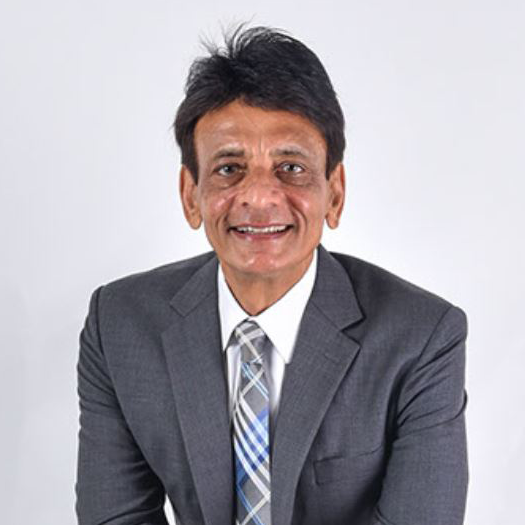

Dr Jason PITT
Genomics
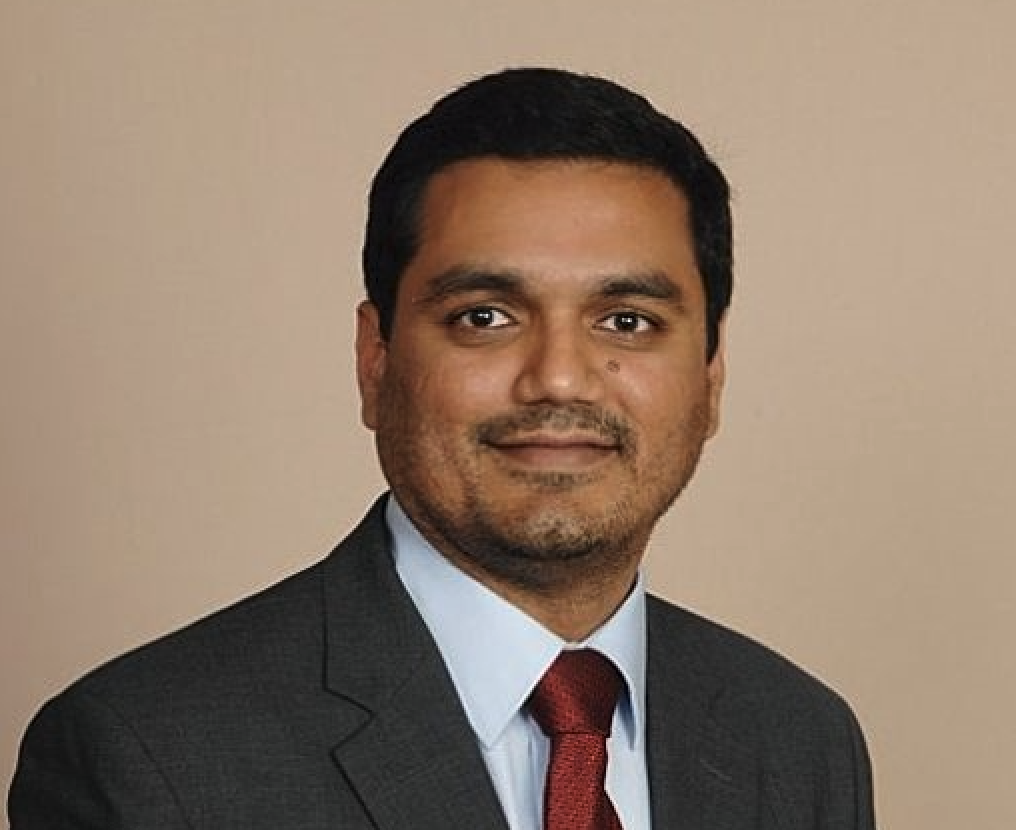
Dr Sriram SRIDHARAN
Genomics
Research focus is to study how DNA replication is a source of genome instability. I aim to understand why and how the (epi)genome acts as an impediment to faithful DNA replication.

A/Prof TAM Wai Leong
Transcriptional regulation

Dr TAY Kai Xun, Joshua
Genomics
Dr Joshua Tay leads a cancer genomics laboratory, with special expertise in micro-dissected gene expression profiling from archival FFPE tissue specimens. His lab has built and patented gene expression signatures to predict patient outcomes for precision medicine.

Dr TEE Wee Wei
Epigentics
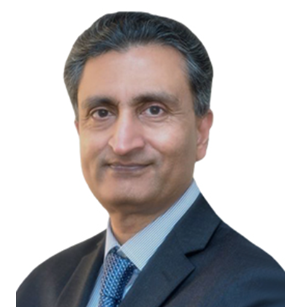
Prof Ashok VENKITARAMAN
Genomics
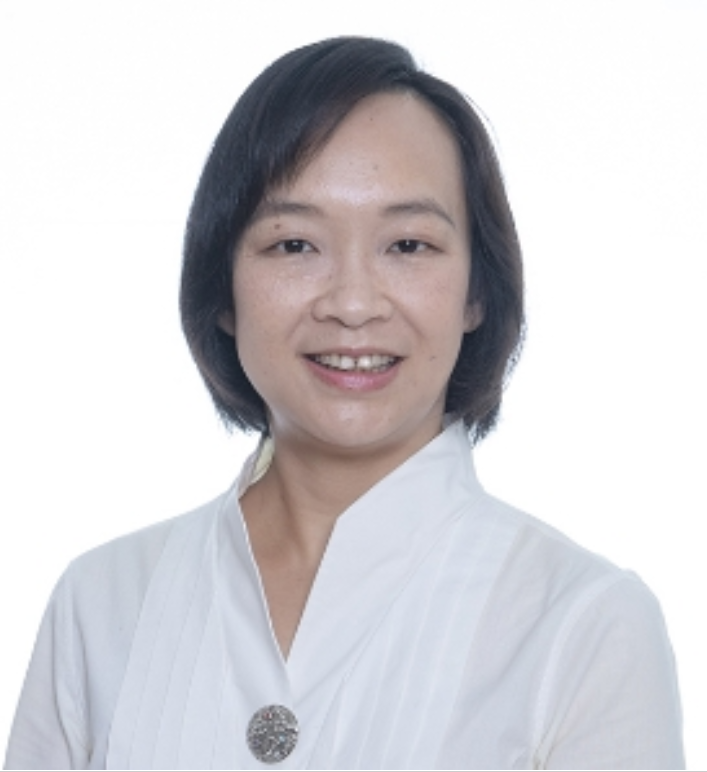
A/Prof YAP Suen Mei, Celestial
Genomics
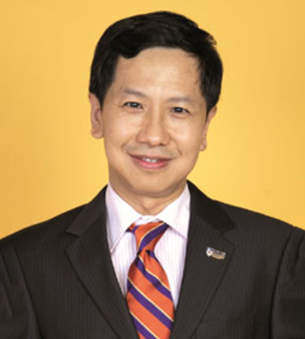
Prof YEOH Eng Juh, Allen
Genomics
Research focus is on improving Acute Lymphoblastic Leukaemia treatment in children and adults by better prediction of each patient’s risk of relapse using highly sensitive biomarkers like RNA-Seq and MRD measurements. Prof Yeoh works on immune cell therapy especially CAR-T cell therapy for leukaemia with Prof Dario Campana in NUSMed.
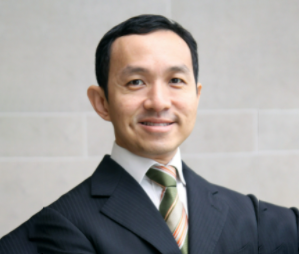

Prof Yang ZHANG
Genomics / Epigenetics / Transcriptional regulation
Built on cutting-edge artificial intelligence (AI) and deep-learning techniques, we are developing new methods for protein and RNA structure prediction and protein designs. We are particularly interested in the application of the AI-based computational methods for effective cancer therapeutics, with focuses on anti-cancer peptide-drug conjugates (PDCs) and T-cell receptor (TCR)-based adoptive therapy.

Dr ZHOU Jianbiao
Genomics
Research focus is on the drug resistance mechanisms and aggressive phenotypes in hematologic malignancies, as well as the development predictive markers, novel therapeutic targets.

Dr ZHOU Jianbiao
Genomics
Research focus is on the drug resistance mechanisms and aggressive phenotypes in hematologic malignancies, as well as the development predictive markers, novel therapeutic targets.

Dr ZHOU Jianbiao
Genomics
Research focus is on the drug resistance mechanisms and aggressive phenotypes in hematologic malignancies, as well as the development predictive markers, novel therapeutic targets.
Secondary Members

Dr LI Jingmei
Genomics/ Epigenetics/ Transcriptional regulation
Multi-ancestry genome-wide association studies (GWAS), polygenic risk scores
(PRS), DNA methylation as environmental proxies, the biological significance of
germline variants, integrating genetics into national health programs, and understanding factors that defy high-risk predictions in breast cancer.
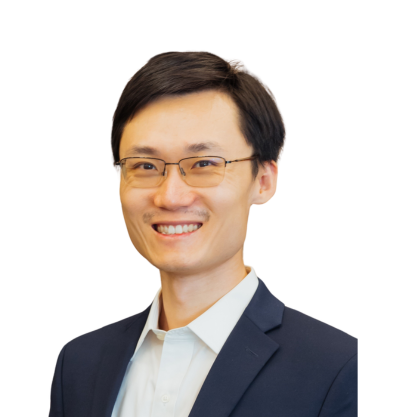
Dr LIU Boxiang
Genomics/ Epigenetics/ Transcriptional regulation
Single-cell and spatial genomics of complex diseases.
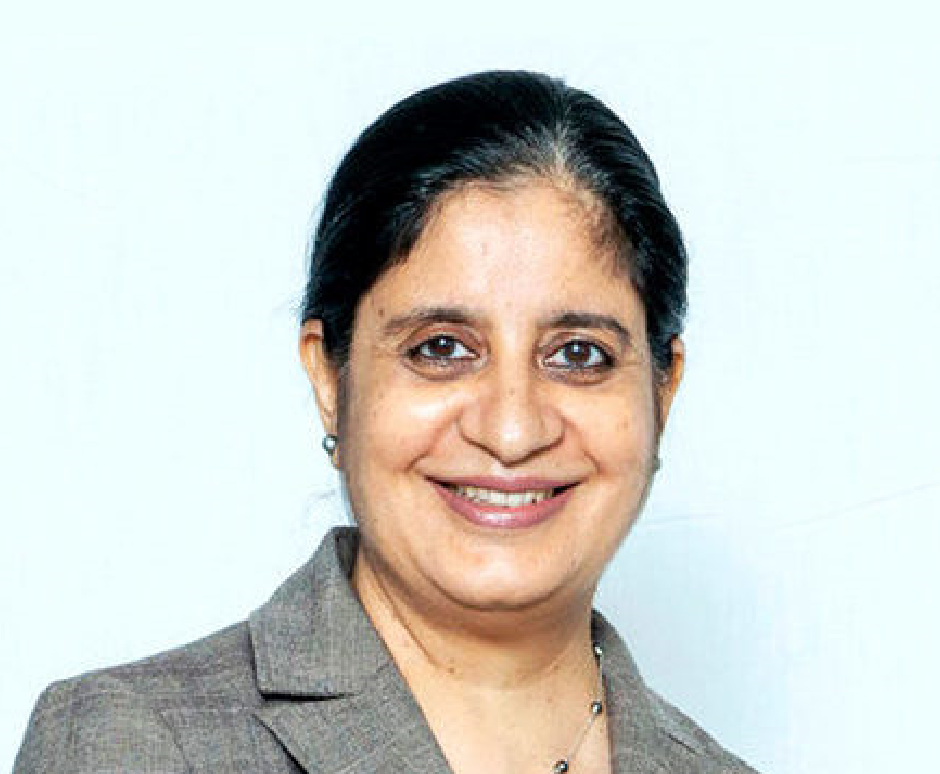
Prof Reshma TANEJA
Genomics/ Epigenetics/ Transcriptional regulation
Research focus is on cellular differentiation mechanisms in normal cells and in cancer. Interest are in cancer, epigenetics, gene regulation.
